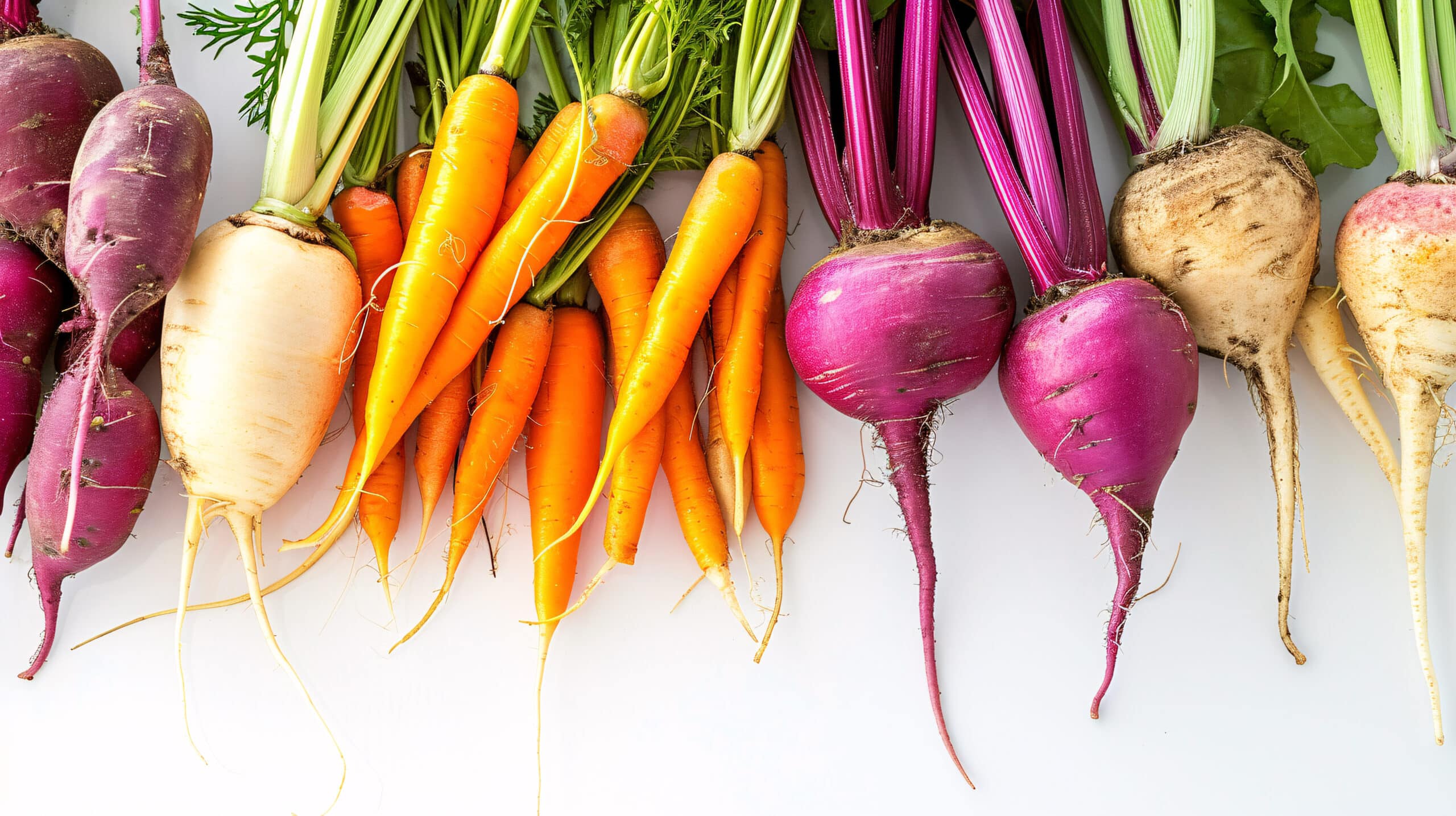What Vegetables Have No Deep Roots?
Key Takeaways
- Vegetables with shallow roots do not require deep soil for their growth.
- Commonly grown vegetables with shallow root systems include lettuce, spinach, beans, chard, carrots, cucumbers, and onions among many others.
- These shallow-rooted vegetables are suitable for growing in containers or raised beds with limited soil depth.
When it comes to gardening, understanding the root depth of different vegetables is crucial. Knowing which vegetables have shallow roots can help you plan your garden more effectively and make smarter planting decisions. In this article, we will explore the vegetables that have no deep roots, based on information from various sources.
Shallow-Rooted Vegetables
According to the information from Garden Betty, the following vegetables are considered to have shallow roots:
- Lettuce
- Spinach
- Spring radishes
- Arugula
- Beans (snap)
- Chard
- Beets
- Bok choy
- Cabbage
- Carrots
- Cauliflower
- Cucumbers
- Celeriac
- Cilantro
- Collard greens
- Endive
- Fennel
- Garlic
- Ginger
- Kale
- Kohlrabi
- Leeks
- Lettuce
- Mint
- Mustard greens
- Onions
- Oregano
- Parsley
- Peas (shelling and snap)
- Radishes (spring, summer, and winter)
- Scallions
- Shallots
- Spinach
- Thyme
These vegetables are commonly grown in gardens and are known for their shallow root systems. Therefore, they don’t require deep soil for their growth.
Additional Shallow-Rooted Vegetables
Another source, Grow Veg, provides additional insight into vegetables with shallow roots:
- Basil
- Chives
- Cilantro
- Radicchio
- Lettuce
- Parsley
- Radish
- Scallions
- Spinach
- Strawberries
- Most culinary herbs
These vegetables are often used in culinary dishes and are known for their shallow root systems. They are suitable for growing in containers or raised beds with limited soil depth.
Conclusion
Understanding the root depth of vegetables is essential for successful gardening. Based on the information from Garden Betty and Grow Veg, we have identified a wide range of vegetables with shallow roots. These vegetables can be grown in gardens, containers, or raised beds that have limited soil depth. By knowing which vegetables have no deep roots, you can plan your garden layout and optimize your planting decisions.
Related Websites:
FAQs:
Q: Why are deep roots important for vegetables?
Deep roots play a crucial role in a plant’s overall health. They help with nutrient uptake, allowing the plant to access essential minerals and water from deeper soil layers. Deep roots also provide drought resistance, as they can reach water sources that are further down in the ground.
Q: What are the benefits of vegetables with shallow roots?
There are several benefits to choosing vegetables with shallow root systems. They are ideal for specific gardening situations or containers with limited depth. Shallow-rooted vegetables are easier to manage and harvest. They can also be grown in raised beds or containers with specialized soil.
Q: What are some examples of vegetables with shallow roots?
Here are some popular vegetables with shallow root systems: Leafy greens like lettuce, spinach, and Swiss chard. Herbs like basil, cilantro, and parsley. Root vegetables such as radishes, turnips, and beets. Legumes including snap peas and green beans.
Q: What are some tips for growing vegetables with shallow roots?
When growing vegetables with shallow root systems, it’s important to consider the soil. Ensure it is well-draining and rich in organic matter. Use proper watering techniques, avoiding overwatering or underwatering. If gardening in containers or raised beds, choose ones with sufficient depth and use lightweight, nutrient-rich potting mix.
Q: How can I benefit from growing vegetables with shallow roots?
Growing vegetables with shallow roots allows for easy management, especially in limited space or container gardening. They offer quicker harvests, as shallow-rooted vegetables tend to mature faster. It also provides an opportunity to experiment with a variety of vegetables and enjoy fresh, homegrown produce.






